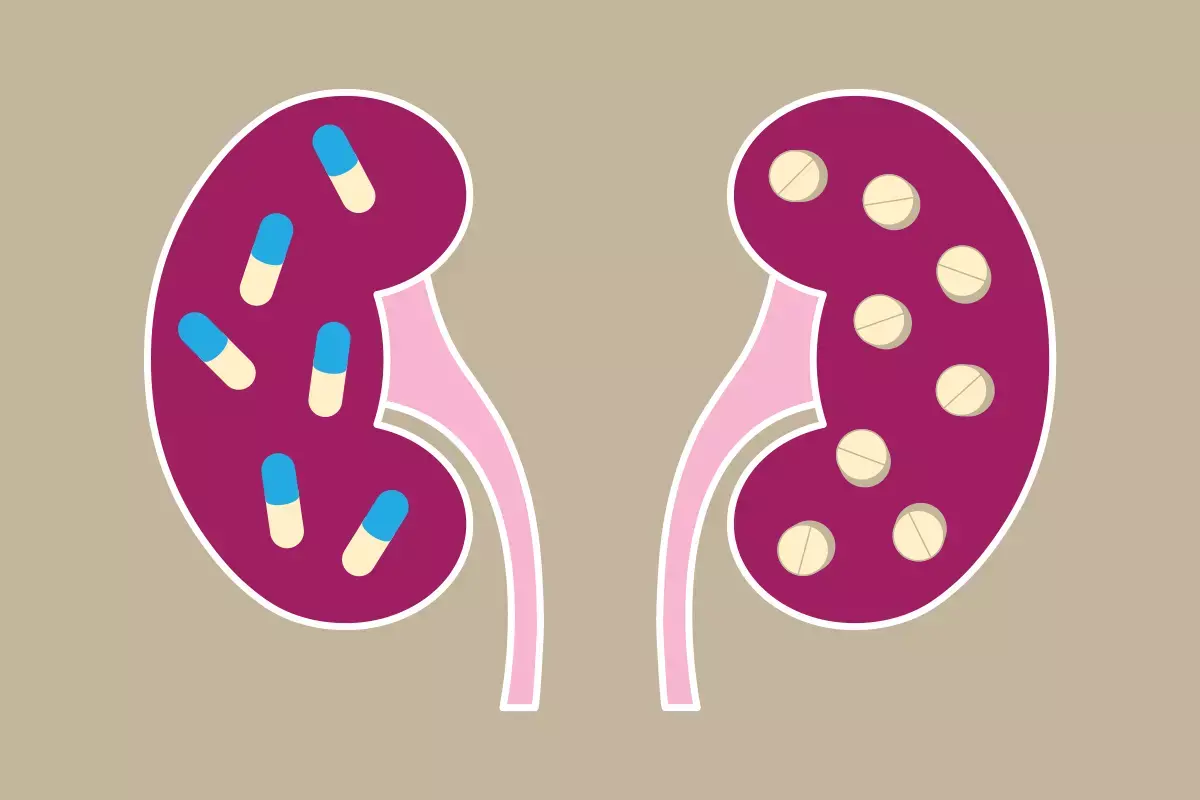- Home
- Medical news & Guidelines
- Anesthesiology
- Cardiology and CTVS
- Critical Care
- Dentistry
- Dermatology
- Diabetes and Endocrinology
- ENT
- Gastroenterology
- Medicine
- Nephrology
- Neurology
- Obstretics-Gynaecology
- Oncology
- Ophthalmology
- Orthopaedics
- Pediatrics-Neonatology
- Psychiatry
- Pulmonology
- Radiology
- Surgery
- Urology
- Laboratory Medicine
- Diet
- Nursing
- Paramedical
- Physiotherapy
- Health news
- Fact Check
- Bone Health Fact Check
- Brain Health Fact Check
- Cancer Related Fact Check
- Child Care Fact Check
- Dental and oral health fact check
- Diabetes and metabolic health fact check
- Diet and Nutrition Fact Check
- Eye and ENT Care Fact Check
- Fitness fact check
- Gut health fact check
- Heart health fact check
- Kidney health fact check
- Medical education fact check
- Men's health fact check
- Respiratory fact check
- Skin and hair care fact check
- Vaccine and Immunization fact check
- Women's health fact check
- AYUSH
- State News
- Andaman and Nicobar Islands
- Andhra Pradesh
- Arunachal Pradesh
- Assam
- Bihar
- Chandigarh
- Chattisgarh
- Dadra and Nagar Haveli
- Daman and Diu
- Delhi
- Goa
- Gujarat
- Haryana
- Himachal Pradesh
- Jammu & Kashmir
- Jharkhand
- Karnataka
- Kerala
- Ladakh
- Lakshadweep
- Madhya Pradesh
- Maharashtra
- Manipur
- Meghalaya
- Mizoram
- Nagaland
- Odisha
- Puducherry
- Punjab
- Rajasthan
- Sikkim
- Tamil Nadu
- Telangana
- Tripura
- Uttar Pradesh
- Uttrakhand
- West Bengal
- Medical Education
- Industry
Microbiome Changes Linked to Kidney Stone Formation

A recent study by Lawson Health Research Institute and Western University, published in the journal Microbiome, has unveiled a significant link between alterations in the microbiome across various body sites and the development of kidney stones.
Researchers investigated the gut, urinary, and salivary microbiomes in 83 individuals who had experienced kidney stones, comparing them with 30 healthy controls. The findings revealed distinct changes in all three microbiomes associated with kidney stone formation.
Dr. Jeremy Burton, Lawson Scientist and Research Chair of Human Microbiome and Probiotics at St. Joseph's Health Care London, emphasized the increasing prevalence of kidney stone disease, affecting roughly 10% of the population. Dr. Burton highlighted the study's intent to advance understanding and potential treatments by exploring connections between kidney stones and various microbiomes beyond the gut.
The study involved participants who had formed kidney stones, hadn't been exposed to antibiotics in the last 90 days, and were undergoing surgical stone removal at St. Joseph's.
Dr. Kait Al, the study's lead author and Postdoctoral Research Fellow at Western's Schulich School of Medicine & Dentistry, explained the employed testing method, shotgun metagenomic sequencing, enabling the identification of bacteria present in the gut along with their genetic functionalities. Simpler sequencing methods were applied to oral and urinary samples.
Historically, it was believed that specific gut microbes, such as Oxalobacter formigenes, played a role in reducing kidney stone formation by breaking down oxalate, a key component in stone formation. However, this study suggests a more intricate relationship between the microbiome and kidney stones, beyond the scope of previously identified factors.
Dr. Al emphasized the complexity of the situation, indicating that in individuals with kidney stones, the microbial network appeared disrupted, resulting in decreased production of essential vitamins and metabolites, not only in the gut but also in the urinary tract and oral cavity.
The research also uncovered evidence linking kidney stone formation to increased exposure to antimicrobials, revealing higher instances of antibiotic-resistant genes among those affected.
Dr. Burton, also an Associate Professor in the Department of Microbiology and Immunology at Schulich Medicine & Dentistry, highlighted the study's revelation of an unhealthy microbiome among kidney stone patients, potentially impacting kidney health due to increased toxin excretion from the gut.
While more research is required, these initial findings emphasize the paramount importance of maintaining a healthy microbiome. Encouraging a microbiome-friendly diet and minimizing antibiotic use may play a role in averting kidney stone development, according to the research team.
Reference:
Dr Riya Dave has completed dentistry from Gujarat University in 2022. She is a dentist and accomplished medical and scientific writer known for her commitment to bridging the gap between clinical expertise and accessible healthcare information. She has been actively involved in writing blogs related to health and wellness.
Dr Kamal Kant Kohli-MBBS, DTCD- a chest specialist with more than 30 years of practice and a flair for writing clinical articles, Dr Kamal Kant Kohli joined Medical Dialogues as a Chief Editor of Medical News. Besides writing articles, as an editor, he proofreads and verifies all the medical content published on Medical Dialogues including those coming from journals, studies,medical conferences,guidelines etc. Email: drkohli@medicaldialogues.in. Contact no. 011-43720751


